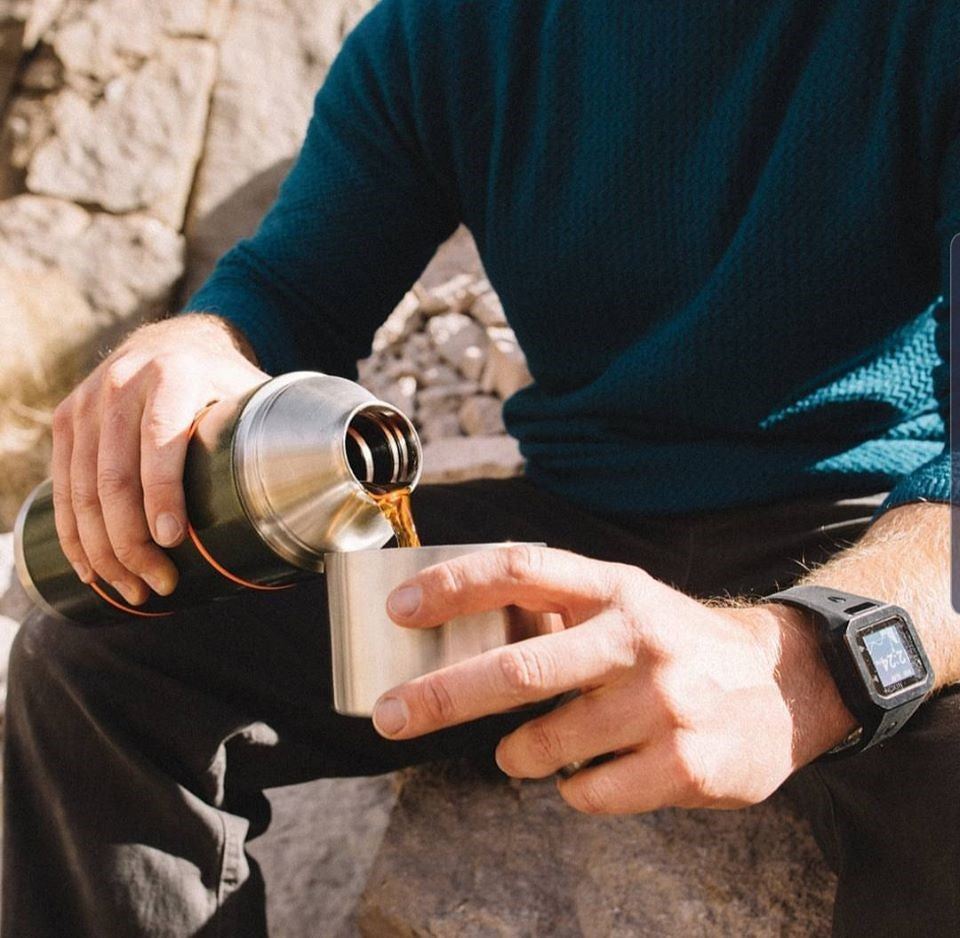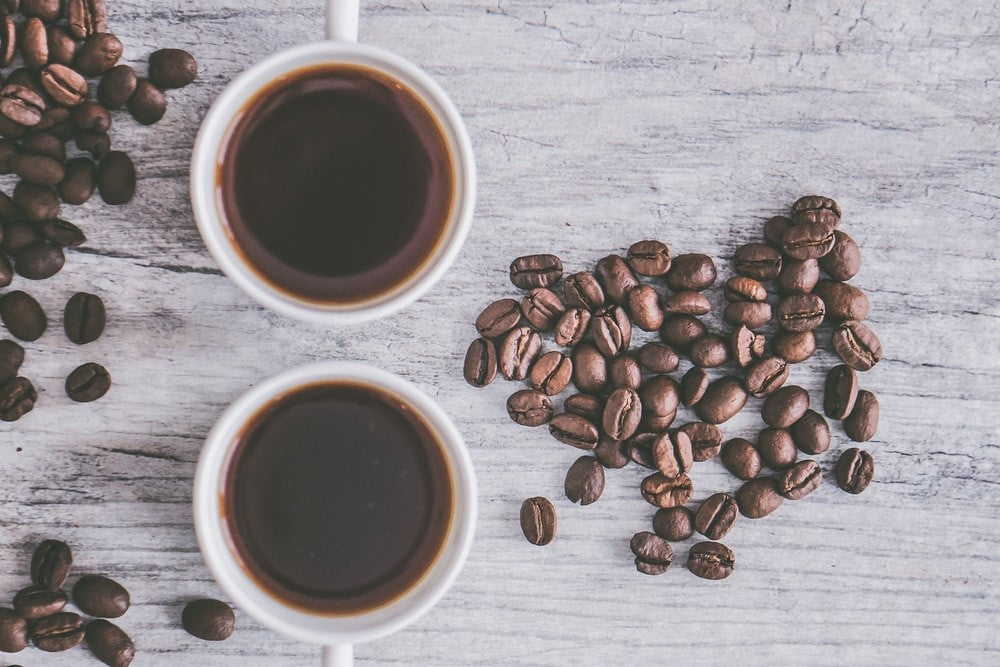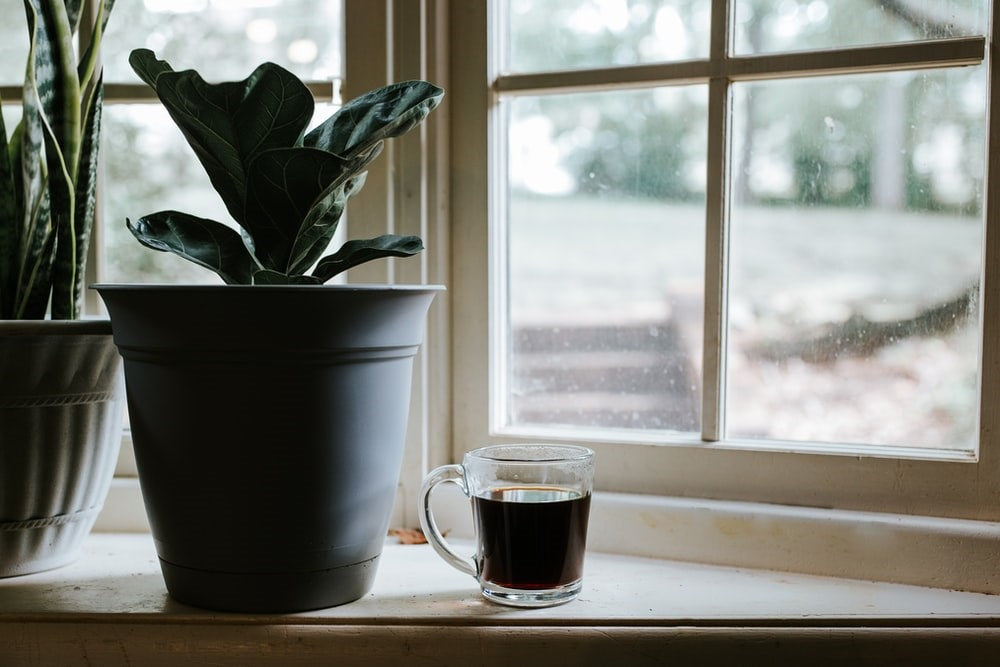How to Reduce the Environmental Impact of Coffee Drinking
From the production of coffee beans through to the serving of a fresh brew in a café, the entire coffee supply chain has its impacts on the environment. But for those looking to reduce their environmental impact, there are a number of small changes that can be made to ensure your coffee consumption is more eco-friendly.

Reduce Energy Usage
While electric coffee makers can offer an easy way to make a brew, they do use a lot of power. One way to reduce energy consumption is to switch to a manual brewer, such as an AeroPress.
Although you’ll still need to heat water in a kettle or on a hob, the energy consumption for this is often less than running a coffee maker.
If you want to seriously cut down on your energy usage, then you could try switching to cold brew, where hot water isn’t required at all. This can even have flavour benefits, with cold brew offering a sweeter, mellower and less acidic taste.
You can find out more about cold brew and how to make it in our previous post.

Reducing Waste
One of the biggest issues for consumers is the amount of waste we produce each day. In the UK alone, around 2.5 billion coffee cups are binned each year, with only 0.25% of these being recycled.
With so much coffee-related waste going to landfill, it is more important than ever to try to reduce waste when possible.
One of the easiest ways of doing this is to bring a reusable cup along with you, especially if you love to get takeaway coffee. We have tonnes of tips on how to switch to a reusable coffee cup if you struggle to introduce one to your daily life!
At home, you can also make changes, such as swapping single-use coffee pods for a biodegradable or reusable option. Or, you could ditch them altogether in favour of an eco-friendly coffee maker, like a manual brewer.
If you use the AeroPress to make coffee already, then did you know that you can reuse the paper filters multiple times to cut down on waste? Once they’ve brewed all they can, the biodegradable filters can then be popped in the compost.

Buy Sustainable Coffee
Aside from things you can change in your own home, another big change you can make is the type of beans you buy. While you may have a preferred bag of beans, these might not be the best for the environment.
Check for sustainability certifications that ensure the most is being done to help make farming better for both the environment and the farmers involved. Associations like Fairtrade and the Rainforest Alliance are great examples of this, and to make a difference, it is good to look out for coffee that features their logos.
Make Use of Coffee Grounds
Rather than just putting them in the bin, there are hundreds of things you can do with your used coffee grounds. This includes things that can benefit your environment, such as making fertiliser and compost for the garden.

Stop Adding Dairy
We’ve all heard the benefits of ditching dairy – reducing the amount of meat and dairy we consume will have a huge impact on reducing greenhouse gas emissions.
If you like a milky coffee, then try a milk alternative, such as oat milk. There are a huge variety of alternative milks out there, so give them a go and see which works best for you.
If you’d rather avoid milk alternatives, then just take your coffee black! If you’re brewing it right and using quality beans, you shouldn’t really need to add anything to it anyway! If you find black coffee too acidic for you, then experiment with your brew style or try a cold brew.
If you have more tips for making your coffee consumption more eco-friendly, then we’d love to hear from you! Please leave a comment below with your suggestions!

0 Comments
There are no comments for this article. Be the first one to leave a message!